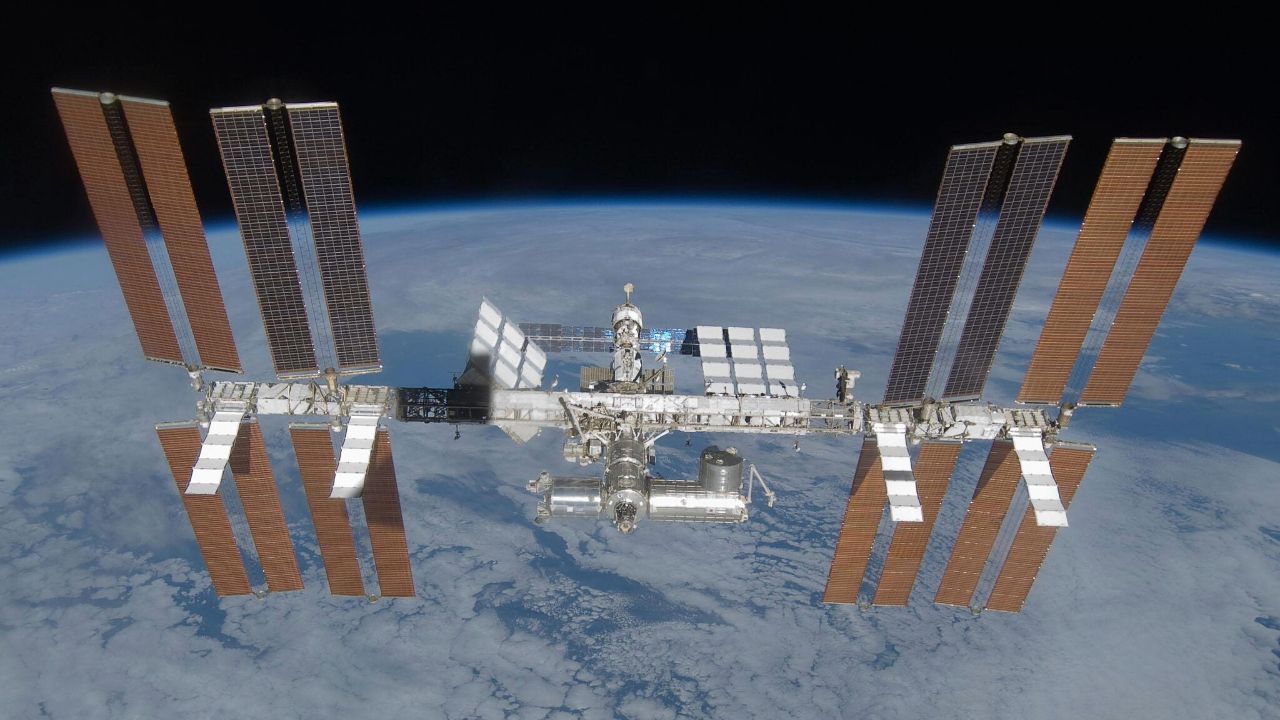Trivia in orbit: How well do you know the ISS?
PositiveScience

A new quiz is challenging space enthusiasts to test their knowledge about the International Space Station (ISS), covering topics from orbital mechanics to international partnerships. This is important as it not only engages the public in space exploration but also highlights the collaborative efforts that make the ISS a symbol of global cooperation in science and technology.
— via World Pulse Now AI Editorial System